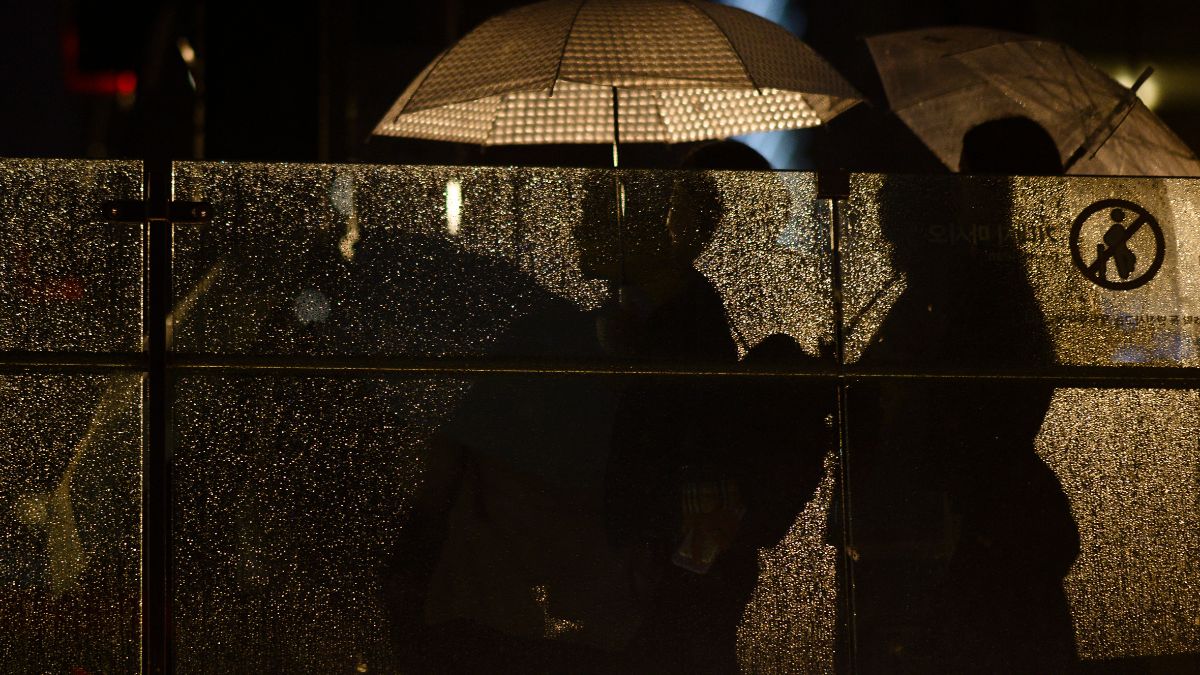South Korea’s capital is planning to invest millions to fight the menace of loneliness. Seoul has allocated over $300 million to address the growing issue of loneliness and social isolation in the city.
The ‘Loneliness-Free Seoul’ initiative is aimed at dealing with the problem at its root and stemming the rising cases of godoksa, or “lonely deaths”. As per South Korea’s Ministry of Health and Welfare, as many as 3,559 lonely deaths were recorded in 2022, which jumped to 3,661 in 2023 across the country.
Let’s take a closer look.
Seoul’s plan to combat loneliness
The Seoul Metropolitan Government will invest $326 million (Rs 2700 crore) over the next five years to fight loneliness, as per The Korea Herald report.
The plan entails expanding mental health counselling services, setting up a 24-hour hotline and offering incentives to people.
Under the ‘Smart 24 Platform’, which forms the core of the initiative, lonely residents of Seoul, including foreign nationals, can avail of assistance and counselling both online and offline.
“Social issues like low happiness levels, high suicide rates and depression are all related to loneliness,” Seoul mayor Oh Se-hoon said during a press briefing on Monday, as per Independent.
“Loneliness and isolation are not just personal challenges but societal issues we all need to address. We are committed to leveraging all of our administrative resources to create a ‘loneliness-free Seoul,’ ensuring meticulous management from prevention to returning to society and preventing further isolation.”
As part of this plan, Seoul will launch the ‘Goodbye Loneliness 120’ helpline, a dedicated 24-hour hotline, next April for those struggling with loneliness. This will connect callers with trained counsellors. Follow-up support such as on-site visits and emergency interventions will also be included. The service will also be extended to friends, family, or concerned neighbours who want to offer support, reported The Korea Herald.
The Seoul Metropolitan government also plans to set up community spaces called Seoul Heart Convenience Stores to offer lonely people a spot to enjoy simple meals like instant ramyeon. Four such locations will come up next year.
Before visiting, people will be able to assess their social isolation levels through a checklist. At the venue, they can talk to available counsellors and enjoy meals.
The government has also decided to expand its mental health counselling services to all residents, rather than only high-risk groups. The Seoul Psychological Support Platform will let residents book appointments at public and private mental health institutions. People will get one-on-one services once a week for eight weeks.
As per The Korea Herald, a Seoul city official said whether these counselling services will be provided in English will be decided later.
In addition, the city will work with delivery platforms to identify and assess consumers‘ isolation risks, as single-person households are more likely to stay in and order via delivery services. To encourage people to dine out, dining discounts will be offered.
Another strategy to combat loneliness is the ‘365 Seoul Challenge’, which will link key events in the city to a points system. People who participate in these programmes can gain rewards such as tickets to the Seoul Skyway, Han River camping site and Seoul Botanic Park.
For older residents, the city is planning to offer community-based options to connect such as cooking classes, exercise classes, or meal box provisions, reported Independent.
Of the 3,559 lonely deaths in 2022 in South Korea, 54.1 per cent were in the age group between 50-60. People in this age group accounted for 53.8 per cent of such deaths last year.
South Korea’s loneliness crisis
Data shows that single-person households in South Korea have surged from 7.16 million in 2021 to 7.5 million in 2022 and 7.82 million in 2023.
According to a 2019 study by the government think tank Korea Institute for Health and Social Affairs (KIHASA), three per cent of people, or 338,000, aged between 19 and 34 suffered from isolation and reclusion. As per the ministry, 40 per cent of people started experiencing isolation when they were adolescents.
The figure increased to five per cent in 2021 or 540,000 young Koreans.
Speaking to NPR earlier this year, Lee Eunae, the chief director of Seed:s, a civic organisation, said young people in countries with family-centred culture and an emphasis on economic prosperity to determine their worth are more likely to feel isolated and reclusive.
“Parents give everything to their children to ensure them opportunities, and they also expect a lot from their children. They believe their children must inherit the wealth and social status that they have achieved,” she said.
Seoul’s initiative to combat loneliness comes as the country is grappling with an ageing population and a dwindling fertility rate.
A global ‘epidemic’
The World Health Organization (WHO) has declared loneliness a “global public health concern”. Last year, the United States surgeon general said the health risks associated with loneliness are akin to smoking up to 15 cigarettes a day.
As per The Guardian, in older adults, loneliness is linked to a 50 per cent increased risk of developing dementia and a 30 per cent higher chance of coronary artery disease or stroke.
Young people who struggle with loneliness at school have a greater possibility of dropping out of university.
A paper published in June 2023 in the journal Nature Human Behaviour claimed people who struggle with social isolation had a 32 per cent more risk of dying early from any cause than those who did not.
Experts suggest people who experience loneliness or social isolation should seek help.
“Think of maintaining a social network like any other health-promoting activity: exercising regularly, eating well, looking after yourself,” Turhan Canli, a professor of integrative neuroscience in the department of psychology at New York’s Stony Brook University, told _CNN l_ast year.
With inputs from agencies


)

)
)
)
)
)
)
)
)



